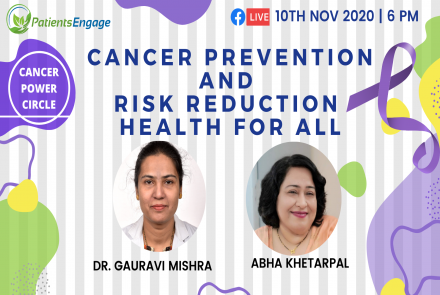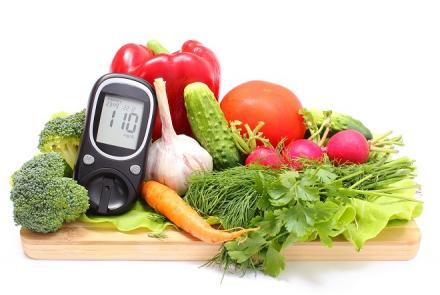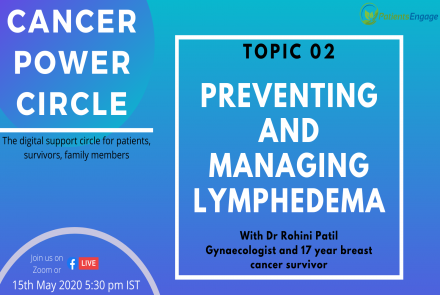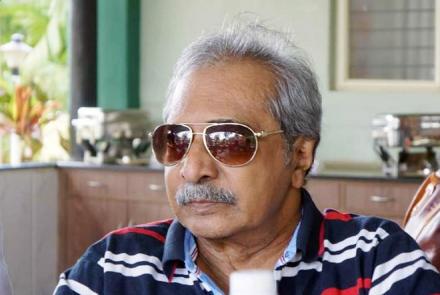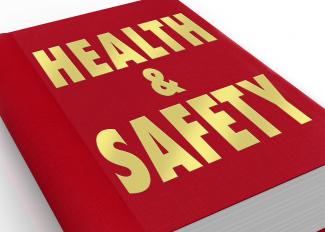
Abnormally dry skin? Change in hair colour or shape of your nails? Even simple changes in the body may signify an underlying problem that you need to get checked out. By Dr Gita Mathai, paediatrician and family practitioner, shares tips to help you stay vigilant.
The Skin should be a healthy colour.
• If it turns yellow, you may have jaundice.
• If it looks pale, get checked for anaemia. Here's how to manage iron-deficient anaemia.
• Excessively cracked and dry skin? This may signify a thyroid malfunction.
• White patches on the skin? Check for vitiligo, a de-pigmentation of the skin.
• Dark pigmentation may signify hormonal imbalances or drug allergies.
• Dark, velvety, raised patches in the nape of the neck, armpits and elbows signify the possibility of diabetes.
• Itchy, discoloured skin? You may have a fungal infection. Any itching or discoloration should not be overlooked.
Hair should be strong and luxuriant.
• Losing hair? You may have male pattern baldness or it could be a fungal infection.
• If your naturally dark hair turns an unhealthy brown, check your diet. It could be due to malnutrition or liver diseases.
• Brittle hair? Check for iron or zinc deficiency or thyroid diseases. This can also occur due to excessive use of chemicals or heat for curling or straightening hair.
The Eyes are windows to body events.
• If your eyelids develop fatty, yellow deposits at the angles of the eyes, get it checked immediately. These occur when the lipid profile is deranged.
• If the whites of the eyes develop silvery deposits, check for vitamin A deficiency.
• Yellow eyes? You may have jaundice.
Nails grow slowly and are the time-keepers of the events that go on in the body.
• A transverse, discoloured line has appeared on the nail? You have had a major illness or have taken potent medications, even antibiotics. It signifies that a life-altering event has occurred.
• The shape of your nail bed has changed and become convex? There is a long-standing reduction in the oxygenation of the blood. This can occur with smoking, lung disease and some of the congenital heart diseases.
• Spoon-shaped concave nails? You have iron deficiency anaemia.
Lumps on the body can be felt and should be taken seriously.
• Painful lumps are likely to be infectious. They are more likely to be noticed because of the discomfort they cause.
• Painless lumps in both breasts? This may be due to hormonal imbalance. But get it checked anyway as breast cancer can present as a painless lump in one breast.
• Slow growing painless lump? Get it checked out immediately. These are likely to be dangerous.
It pays to be aware of even small changes in your body, both visible and subjective, and bring them to the notice of your physician. It’s always safer to stay vigilant.






